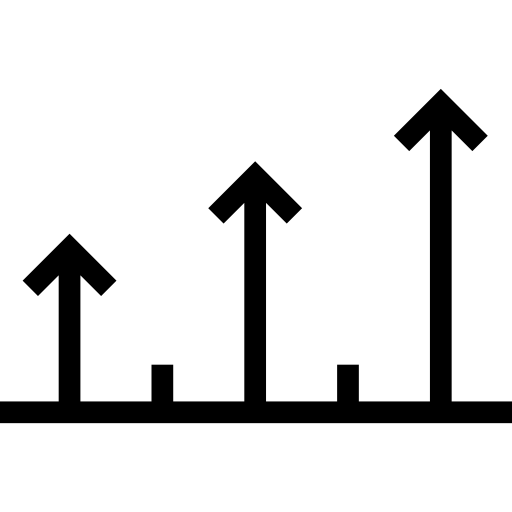
Starting date : Jun. 2019 > May 2022
Lifetime: 36 months

Program in support : H2020-ICT

Status project : in progress

CEA-Leti's contact :
Valérian Mannoni
Bernard Stree

Project Coordinator: VTT (FI)
Partners: - ACTA, Ericsson, Intracom, National Technical University of Athens, OTE, Skironis, (EL)
- Polar, VTT, (FI)
- CEA-Leti, ( FR)
- Marine Institute, Redzinc, (IE)
- Dynniq, Philips Electronics, TNO, (NL)
- Oslo Universitetssykehus, Sealab, Telenor, (NO)
- Epitomical, Oxfordshire County Council, University of Surrey, (UK)

Target market: n/a

Publications F.Wolff, K. Le Deroff, S. de Rivaz, N. Deparis, F. Dehmas, J.P. Cances «Benchmarking of Narrowband LPWA Physical Layer Ranging Technologies», 16th Workshop on Positioning, Navigation and Communications (WPNC), 23-24 Oct 2019, Bremen, Germany

Investment: € 14.3 m.
EC Contribution: € 14.3 m.

| Stakes
CEA is contributing to two use cases:
- Healthcare and Transport: The issue at stake is to localize people wearing an LPWA (Low Power Wide Area, such as LoRa, 4G or 5G Nb-IoT) tag (e.g. victims of cardiac arrest) and possibly defibrillators. The objective is to assess the robustness of this technique in non-line-of-sight situations in both indoor and outdoor conditions.
- Transport: The objective for CEA-Leti is to study cooperation between vehicles sharing local maps to obtain an extended view of the surroundings. The CEA-Leti will simulate and evaluate the trade-off between, for example vehicle position refreshment rates, map resolution and warning message latency under various operating conditions (e.g. car traffic density and speed). A higher position refreshment rate leads to improved map quality at the expense of possible radio traffic overload, which can lead to packet losses and eventually a reduction in map quality.
- Healthcare, transport and food verticals are hugely important in Europe in terms of jobs, turnover (together exceeding e 3Trillion) and export trade. Moreover, they are vital from a social perspective in relation to better healthcare outcomes, safer transportation and safer, more sustainable, food production. 5G is important for these verticals in terms of improvements ensuring utility, efficient processes and safety for others.
- 5G-HEART (validation trials) focuses on these vital vertical use cases in healthcare, transport and aquaculture. In the health area, 5G-HEART will validate pillcams for automatic screening detection of colon cancer and vital sign patches with advanced geo-localization as well as 5G AR/VR paramedical services. In the transport area, 5G-HEART will validate autonomous/assisted/remote driving and vehicle data services. Regarding food, the project will focus on 5G-based transformation of aquaculture sector (worldwide importance for Norway, Greece and Ireland).
- The infrastructure shared by these verticals will host important innovations: slicing as a service, resource orchestration in access/core and cloud/edge segments with live user environments. Novel applications and devices (e.g. underwater drones, car components, and healthcare devices) will be developed. On-site trials will be held at 5G-Vinni (Oslo, Norway), 5Genesis (Surrey, UK), 5G-EVE (Athens, Greece) and at Oulu (Finland) and Groningen (Netherlands). Their results will be integrated to create a powerful and sustainable platform, on which slice concurrency will be validated at scale.
- The project consortium includes major vertical players, research/academic institutions and SMEs. The partners have proven know-how in 5G, vertical applications, standardization, business modelling, prototyping, trials and demonstrations. 5G-HEART KPI validation will ensure improved healthcare, public safety, farm management and business models in a 5G market to stimulate massive business opportunities within and beyond the project scope.
IMPACT
In the healthcare use case, SG-HEART will be of great assistance in locating people awaiting rescue using low cost radio devices. In the transport use case, cooperation between cars and/or between cars and infrastructure is an issue currently considered in ETSI. Assessment of cooperation benefits in terms of local dynamic maps could accelerate their standardization in ETSI.
|
|